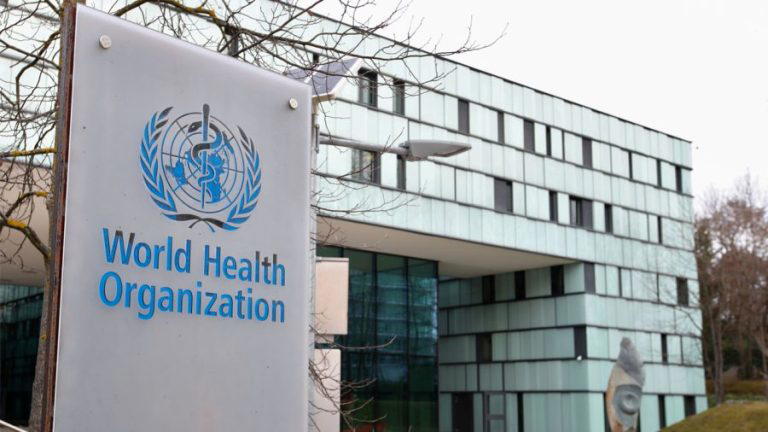
The World Health Organization has recently released a report regarding the growing resistance to a commonly used medication for the management and treatment of HIV.
The antiretroviral medication, Dolutegravir, has been the preferred treatment option since 2018 due to its minimal side effects when compared to similar medications.
However, surveys conducted by the WHO have discovered resistance rates ranging from 3.9 percent to 8.6 percent, with one report displaying a peak resistance level of 19.6 percent.
In light of these findings, the Director of the WHO's Department of the Global HIV, Hepatitis and STI Programmes, Meg Doherty, stated that the evidence of resistance in individuals with unsuppressed viral load despite dolutegravir treatment highlights the necessity for increased vigilance and intensified efforts to optimize the quality of HIV care delivery.
The report emphasized the importance of utilizing long-acting cabotegravir (CAB-LA) for pre-exposure prophylaxis, commonly referred to as PrEP, due to its significant reduction in the risk of acquiring HIV.
While the combination of Dolutegravir and CAB-LA has on rare occasions yielded delayed detection of HIV cases, the WHO has urged that the roll-out of CAB-LA for PrEP should not be hindered.
Moreover, the report has recommended that the scale-up of PrEP should be accompanied by standardized surveillance of drug resistance among people testing positive for HIV while receiving PrEP.
It is worth noting that HIV drug resistance is uncommon and typically emerges in individuals who do not consistently adhere to their antiretroviral medication regimen. When taken as prescribed, antiretroviral therapy (ART) is highly effective in preventing HIV from replicating and reducing the risk of transmission. The WHO maintains that ART remains highly effective in suppressing HIV replication, preventing immune system decline and disease progression, and reducing the risk of HIV transmission.
Early diagnosis, treatment, and viral suppression are essential to ending AIDS as a public health threat by 2030. Therefore, the WHO recommends increased attention and intensified efforts to optimize the quality of HIV care delivery to combat resistance and enhance the prevention of HIV.
